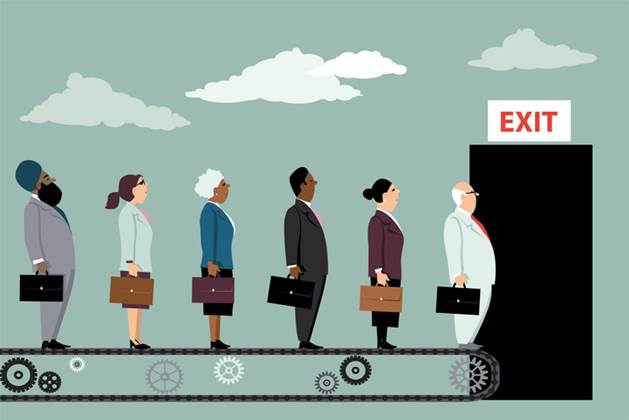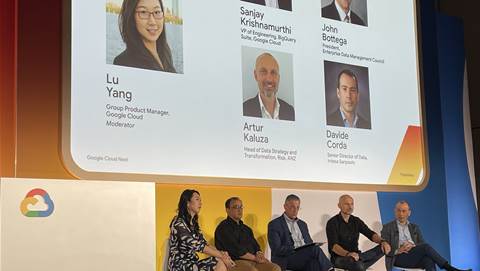Recent research from McKinsey and Co shows that the great resignation many predicted has turned into more of a reshuffle.

The great resignation was pipped to be a global mass event where employees would be leaving their roles left, right and centre for something better.
However, the share of workers planning to leave their jobs remains unchanged from 2021, at 40 percent according to McKinsey research.
In Australia, respondents were asked about the likelihood of leaving their job in the next three to six months, and only 40 percent were adamant about resigning from their posts.
The authors at McKinsey identified distinct pools of workers with varied workplace priorities.
Digital Nation Australia reported earlier this year that resignation numbers remained relatively stable despite rumbles of a great resignation approaching our shores.
They said, “Their differences show that employers have to take a multifaceted approach to attract and retain talent.”
This resignation has evolved to become a three-point change of reshuffling, reinventing and reassessing.
When it comes to reshuffling, McKinsey said that employees are quitting and going to different employers in different industries. The authors noted that some industries are disproportionately losing talent, others are struggling to attract talent, and some are grappling with both.
For reinventing, many employees leaving traditional employment are either going to non-traditional work (temporary, gig, or part-time roles) or starting their own businesses.
McKinsey noted of the employees who quit without a new job in hand, 47 percent chose to return to the workforce. However, only 29 percent returned to traditional full-time employment.
With reassessing, many people are quitting not for other jobs but because of the demands of life—they need to care for children, elders, or themselves. These are people who may have stepped out of the workforce entirely, dramatically shrinking the readily available talent pool, according to McKinsey.
Employers are also becoming more open with who they hire in an organisation. McKinsey reported that the hurdles to changing industries are lower where employees will look at skills rather than time in a certain role.
According to McKinsey’s authors, “There is less of a stigma attached to job hopping or gaps in a résumé, and joining companies in other geographies without relocating has become easier than ever, making it possible for people to jump from one employer to another.
“These factors create a new playing field for hiring, since employers find themselves competing not only within their industry, as in the past, but also across industries.”




_(20).jpg&h=140&w=231&c=1&s=0)






 iTnews Executive Retreat - Security Leaders Edition
iTnews Executive Retreat - Security Leaders Edition
 iTnews Benchmark Awards 2026
iTnews Benchmark Awards 2026
 iTnews Cloud Covered Breakfast Summit
iTnews Cloud Covered Breakfast Summit












_(1).jpg&h=140&w=231&c=1&s=0)



